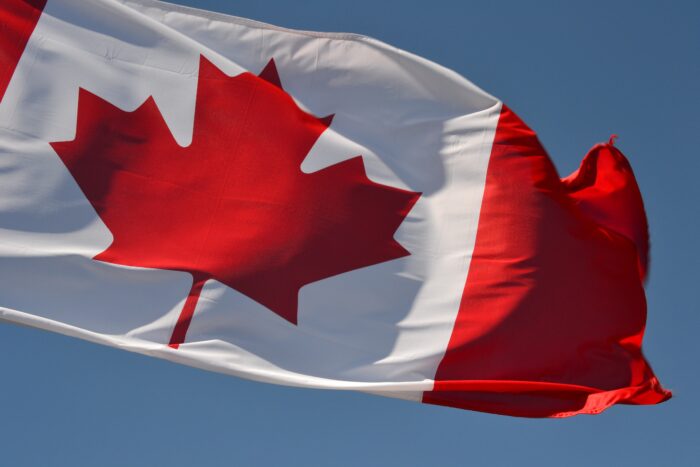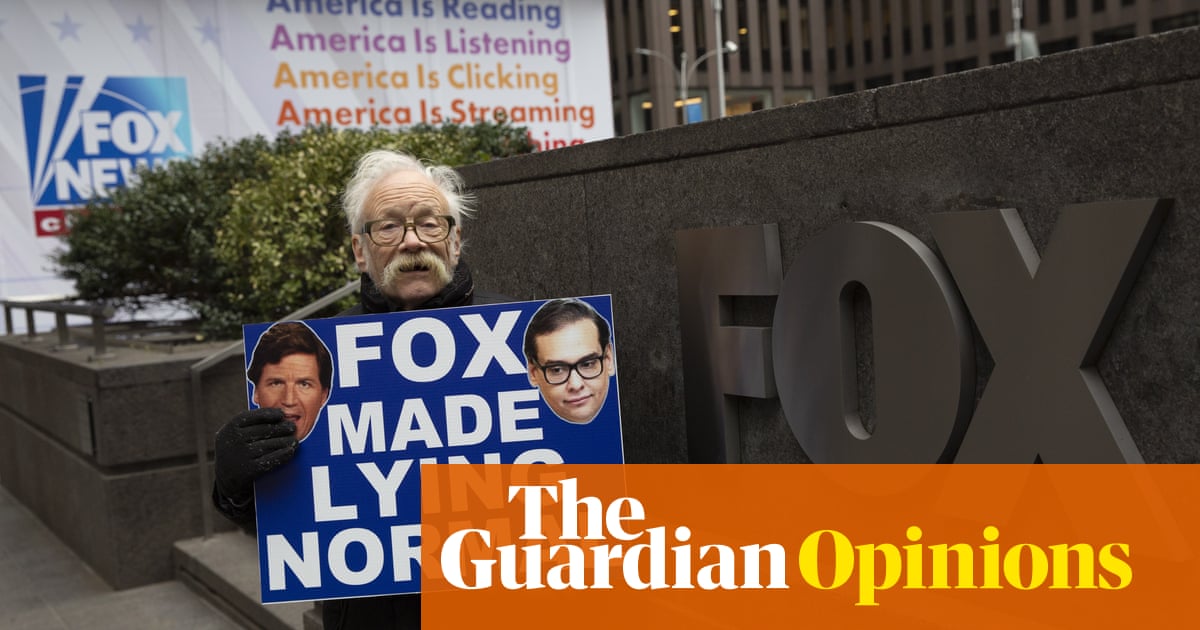- The Publisher Newsletter
- Posts
- Monday 27th February: Google blocks news in some Canadian searches
Monday 27th February: Google blocks news in some Canadian searches
Good morning! Today's newsletter is brought to you by Peter.
This was our lead in the podcast this week (link below) and it's one of those discussions that is likely to just run and run and run. If you're planning to listen in to hear us come up with a clever solution to the problem of funding news from search, sorry we didn't. We just know that trying to tax links to content is a bad idea.
The real problem with any schemes that seek to force the platforms to pay for linking to publisher content is that the platforms don't really care. Publisher content accounts for a tiny fraction of their revenue - the fact that Google would just exclude news content from searches, even a tiny percentage of searches, just proves that.
My advice to publishers is to accept search traffic as the welcome bonus that it is, and to focus all their energy on building relationships with audiences that will visit directly, register for content and ultimately pay to get so much more than they can get from a random web search.
In her latest Guardian column, Maggie Sullivan writes that Fox News never was the “fair and balanced” news source that its motto claimed. But, she says, Fox became much more extreme over the years, 'moving well outside the journalistic mainstream and turning into a propaganda arm of the US right wing'. Now she's wondering if a $1.6bn defamation lawsuit will make its coverage more responsible again?
This is a nice practical overview of the events industry and how to succeed in the future. Tim Willoughby of the Mark Allen Group acknowledges that the sector has been on a bit of a rollercoaster ride over the past few years. He also notes that the nature of events and what commercial partners and visitors expect is changing. However, he still sees opportunity and offers up three practical steps that publishers can take to help to improve their offerings.
Facebook announced a Twitter Blue style ike verification scheme last week. To qualify for the new service Instagram and Facebook users will need to supply a government-issued ID and pony up at least $11.99 to get a verified badge. FIPP's Ashley Norris is asking why Meta has done this now, what does it hope to achieve, and what are the long term implications for the media? Money will be somewhere in all three answers.
#Ad: If you’re looking for a new audio editing tool, we can recommend Hindenburg, a professional-grade audio editing system made for simplicity, speed and agility. It’s built for podcasts and audio storytelling, with lots of features like auto levelling which help streamline the process. This link will get you an extended three month trial of Hindenburg PRO for business.
This week we hear from Bonnie Kintzer, CEO of Trusted Media Brands – which includes brands like FailArmy, Family Handyman, and Reader’s Digest. She tells us about the opportunities she saw to turn around the company when it was facing bankruptcy in 2013, how the business has weathered some of the storms of the past decade, and why she thinks it’s vital to focus on where the audiences are regardless of platform algorithms. She also explains why a ‘re-start-up’ mentality helped TMB get ahead.
In the news roundup the team debates why it’s so difficult to find common ground on discussions of platforms paying publishers directly, and asks if Google not serving news to Canadian consumers will shift the dial on those arguments. Did you know Elon Musk has a Brummie accent?



